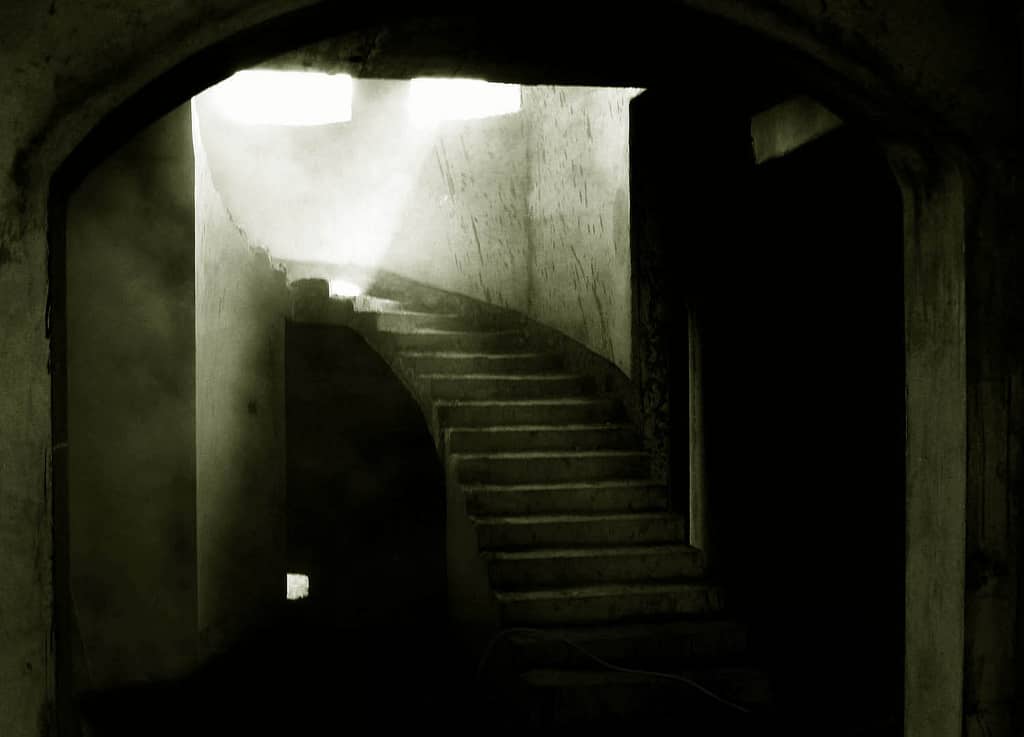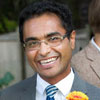A few days after Easter break, I’m sitting in my theology class. One student raises her hand, and asks if the Resurrection makes a difference to us today. Her voice is tentative, and the professor senses it. He decides to pounce and asks the class, “Does the Resurrection have any significance today?”
Silence. No one speaks. My professor asks the question again. Does the Resurrection have any significance today?
More silence.
I feel awkward. I should have a quick answer. I certainly think this is important. And yet, like everyone else, I am consumed with an uncomfortable silence.
***
If we believe in these fifty days of Easter, then it means we believe in the entire life of Jesus – the one that begins with God deciding to be born into poverty. That God takes risks in the world: God ate with social outcasts, healed people who were deemed un-healable, and helped others find self-love and acceptance. That God also called into question the social order, proposing that we might arrange our society in a more welcoming, loving way. But challenging social order is dangerous. As a consequence, resentment built, enemies were made, and that God died a violent criminal death.
Death is an ending. An ending to a life, an ending to an idea, an ending to a movement. For those who were resentful, death meant that society could go back to the way it was before. The ministry of Jesus could be shelved away as a failed-experiment, and business could proceed as usual.
Now enters the power of the Resurrection. That Jesus rose from the dead invalidates business as usual. It means that God still stands with those who are marginalized by the social order. It means that the Christian faith consists of tenderly caring for one another. This happens in community.
***
If we believe that God intended to reorder our communities so that we might truly care for one another, then the Resurrection has implications for us as individual persons and local communities. One place we might reimagine is our relationship to our Church, a place tasked with helping us navigate this very Gospel message. In our political world and faith communities, it is often easier for us to retreat into our comfortable ideological camps. As sociologist Tricia Bruce writes in her forthcoming book, Parish and Place, we can increasingly silo ourselves into faith communities that offer our favorite version of Catholic faith. Like greater trends in American culture, consequently, we may know few people who have differing practices and ideas about who our Church ought to be. The echo chamber we live in becomes both political and spiritual, and we dismiss the concerns of people who might see the Church differently than ourselves.
Easter prompts us to care for the whole Kingdom of God, the whole Church – to question in what place we stand and who is unwelcome in our communities and in our hearts. Two clear examples come to mind:
- Our Church is doing some powerful work in the world and the nation. Do we stand up for our Christian faith and our institutional Church when genuine threats to religious liberty emerge?
- Our Church makes mistakes in the world, sometimes with painful and long-lasting consequences. Do we recognize these mistakes and call our institutional Church to be more in line with the Gospel?
These two questions tend to polarize the Church into two camps who disagree radically on the answer to it. If you’re like me, these questions are met with the same response as I had in my theology class last week: uncomfortable silence. Yet, that silence is a good: it is an offer to encounter that same God who rose from the dead on Easter Sunday. It is our invitation to listen closely and to discern how we ought to give the Resurrection significance in our communities and nation today.
***
Image courtesy FlickrCC user fady habib.


